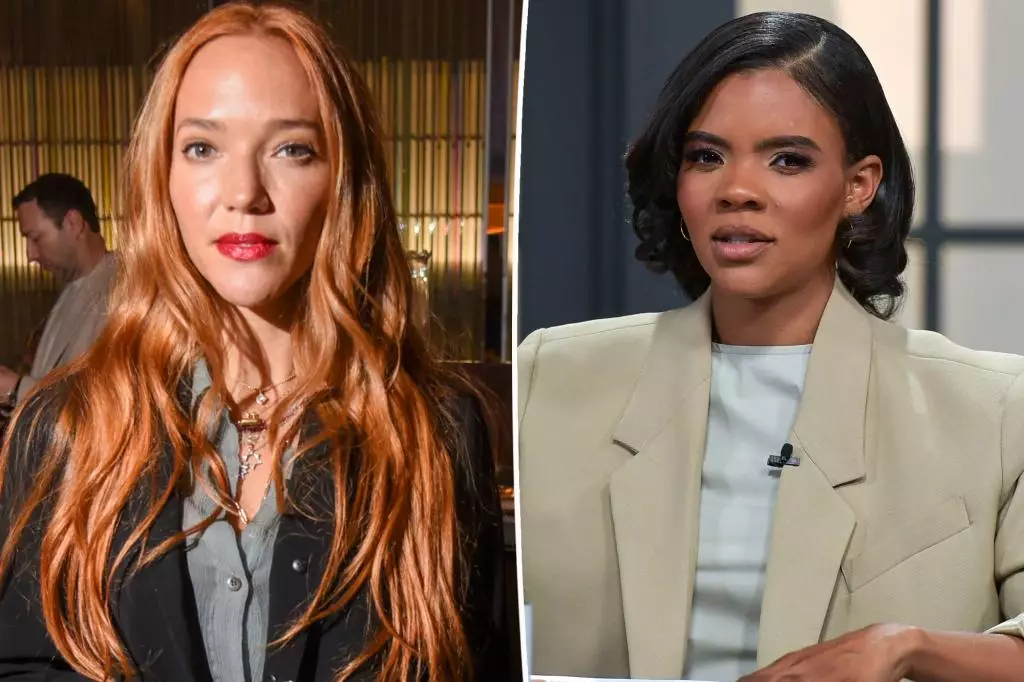Candace Owens, known for her controversial statements, recently attacked Jewish artist and activist Zoe Buckman after Buckman criticized Owens’ remarks regarding Nazi doctor Josef Mengele’s experiments on Holocaust victims. Owens claimed that some accounts of Mengele’s experiments were “propaganda” and a waste of supplies, sparking outrage from Buckman and others.
After Buckman publicly criticized Owens’ comments on the social media platform, Owens allegedly sent her a direct message accusing her of playing the victim and believing everything she reads. Owens further defended her remarks by stating that other groups have also suffered genocide, implying that the Jewish experience during the Holocaust should not be prioritized.
Buckman, an acclaimed artist whose work has been displayed in prestigious museums, pointed out a pattern of antisemitism where atrocities committed against Jews are denied or diminished, leading to accusations of playing the victim when Jews respond with factual information. She emphasized the resilience and perseverance of the Jewish people in the face of persecution throughout history.
Owens’ departure from the Daily Wire earlier this year after disputes over Israel and antisemitism with co-founder Ben Shapiro has fueled speculation about her stance on Jewish-related issues. White supremacist Nick Fuentes has praised Owens’ work as a “full-fledged war against the Jews,” while the Anti-Defamation League has labeled her as “bigoted.”
In response to the backlash, Owens denied jumping into a Jewish artist’s DMs and claimed that the artist initiated contact by tagging her in a false statement. Owens argued that she has the right to defend herself against false accusations and that it is more dignified to remain silent if incapable of telling the truth.
Owens’ comments on a podcast, where she questioned the validity of some stories about Mengele’s experiments and labeled them as “bizarre propaganda,” stirred further controversy. Despite documented atrocities committed by Mengele at Nazi concentration camps, Owens seemed to cast doubt on the severity and legitimacy of the experiments.
In response to the outrage, a source close to Owens clarified that she never denied Mengele’s experiments but condemned medical experiments in general. The source also mentioned that the edited clip circulating online was misleading and omitted crucial context from the full episode. Owens defended her stance by highlighting the perceived influence of Zionism on American perceptions of Israel and the Holocaust.
Staunch Israel advocate Rep. Ritchie Torres criticized Owens for downplaying the Holocaust and shifting the focus onto the Germans as victims rather than the Jewish community. Owens’ narrative, according to Torres, distorted historical facts and potentially fueled hate and misinformation.
Candace Owens’ remarks and actions concerning the Holocaust, Jewish history, and antisemitism have sparked intense debate and condemnation. The controversy surrounding her views raises important questions about the responsible dissemination of historical information and the impact of inflammatory rhetoric on vulnerable communities. It is crucial for public figures like Owens to be held accountable for their words and to engage in informed, respectful dialogue on sensitive topics.

